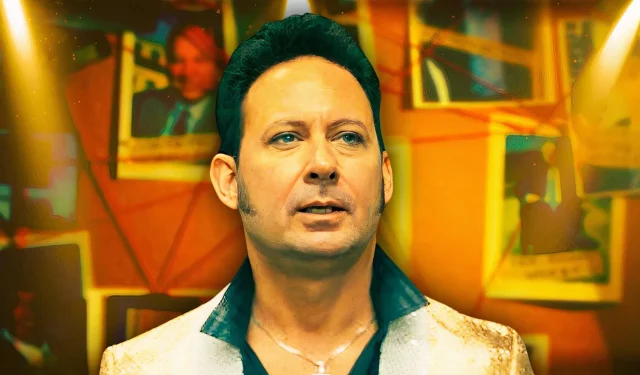
Please be advised: the following content contains major spoilers for Netflix’s docuseries The Kings of Tupelo.
Netflix’s latest gripping documentary miniseries, The Kings of Tupelo, dives into a shocking series of events that unfolded in Tupelo, Mississippi, culminating in an assassination attempt against President Obama. This addition to Netflix’s expanding true-crime catalog unearths a layering of disturbing revelations and unexpected developments. Tupelo, the birthplace of the legendary Elvis Presley, sets the backdrop for this narrative, filled with Elvis fans and impersonators, including the key figure, Paul Kevin Curtis.
Initially gaining fame through his Elvis impersonations, Kevin Curtis ventured into the cleaning business, which led him to unveil sinister activities hidden in the shadows. His discoveries triggered years of investigative work, numerous conspiracy theories, and a host of powerful enemies, mainly within political circles. Among these foes was someone who resorted to extreme measures to obliterate Kevin’s credibility, generating a scandal that captured national headlines for all the wrong reasons. The Kings of Tupelo explores Kevin Curtis’s journey from celebrated impersonator to embroiled in a catastrophic scandal, offering viewers shocking twists throughout.
10 Kevin & Jack Curtis: A Celebrated Elvis Impersonation Duo
The Success of “Double Trouble”

Tupelo is renowned for its Elvis impersonators, and the legacy of the King of Rock and Roll dominates the local culture. Kevin Curtis’s fascination with Elvis started young, heavily influenced by his mother’s appreciation of the legend—she affectionately referred to him as “little Elvis.” By age 14, thanks to his mother’s encouragement, he had already begun perfecting his Elvis impersonation techniques, complete with a jumpsuit reminiscent of his idol’s. Following in his footsteps, his older brother Jack joined him, leading to their success as an impersonation duo.
In a fascinating twist revealing familial connections to Elvis, their mother Elois disclosed in The Kings of Tupelo that she had met the King himself while her husband worked with Elvis, sharing a memorable kiss captured in a photograph.
Capitalizing on their striking resemblance to the musical icon, the brothers established a performance duo titled “Double Trouble,” which characterized the hypothetical scenario of Elvis having a twin who survived. They enjoyed significant success until Kevin’s growing obsession with exposing a shocking underbelly within his cleaning business ultimately derailed their performances.
9 Kevin Curtis’s Quest to Expose Human Body Parts Trafficking
Uncovering a Grim Black Market
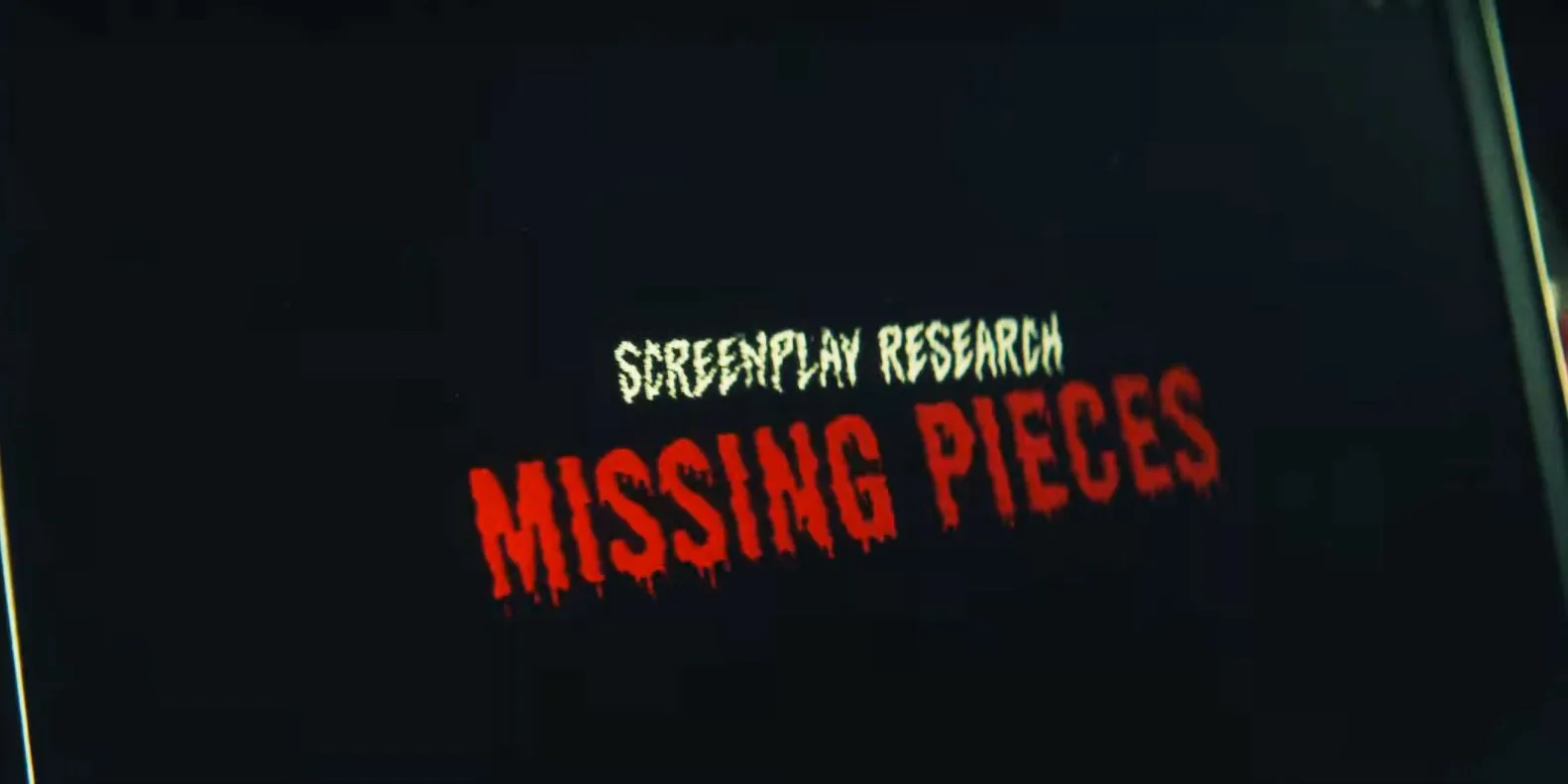
After marrying and starting a family, Kevin Curtis realized his Elvis endeavors weren’t sufficient to support them, prompting him to establish a cleaning business. His most significant contract was with the North Mississippi Medical Center, a job that turned sinister on December 17, 1999, when he was assigned to clean the morgue. Exploring the facility, Kevin discovered something terrifying: severed body parts, including a head he claimed to have previously seen in the emergency room.
This shocking discovery catalyzed Kevin’s investigation into the black market for human body parts, uncovering alarming secrets involving local funeral homes that were allegedly harvesting and selling body parts without consent.
8 Steve Holland: Owner of a Funeral Home
A Conflict of Interest
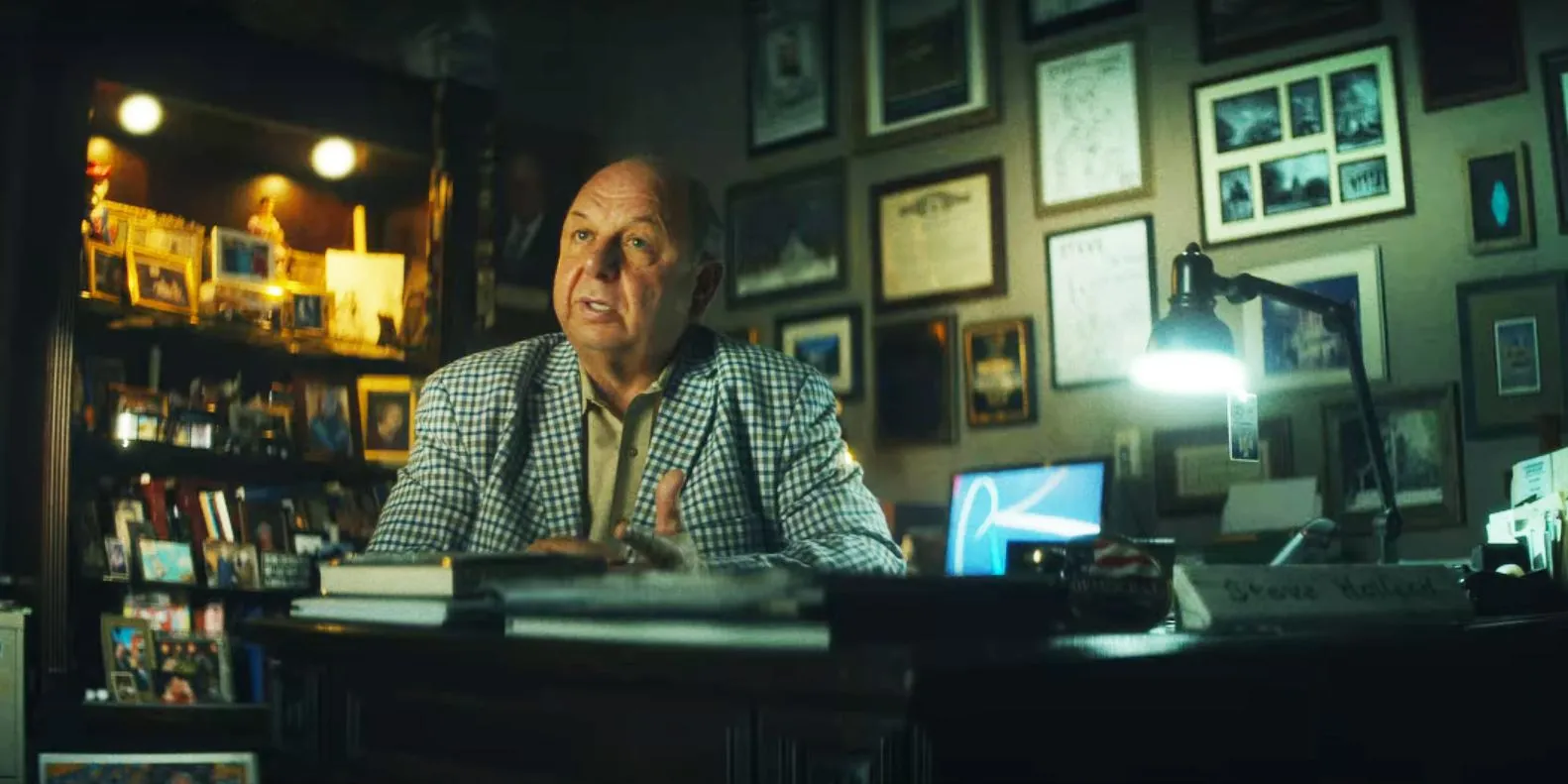
Kevin’s ongoing efforts to expose organ trafficking in Mississippi led him to draft a piece of legislation, “House Bill 6631,” intended to prohibit the illegal sale of human body parts. He presented this bill to Steve Holland, a state lawmaker and owner of Holland Funeral Directors, but was astonished when Holland declined to support his proposal. This refusal was shocking, given Holland’s status as a prominent figure in Mississippi’s funeral industry.
Interestingly, Holland claimed credit for establishing the state’s inaugural organ donation program, creating a legacy of saving lives, which complicated Kevin’s quest for assistance. Nevertheless, Kevin felt betrayed that the one person capable of rallying support to protect against human trafficking was the same individual unwilling to help him.
7 Kevin Curtis Authored a Book on Organ Trafficking
“Missing Pieces” – A Compelling Exposé
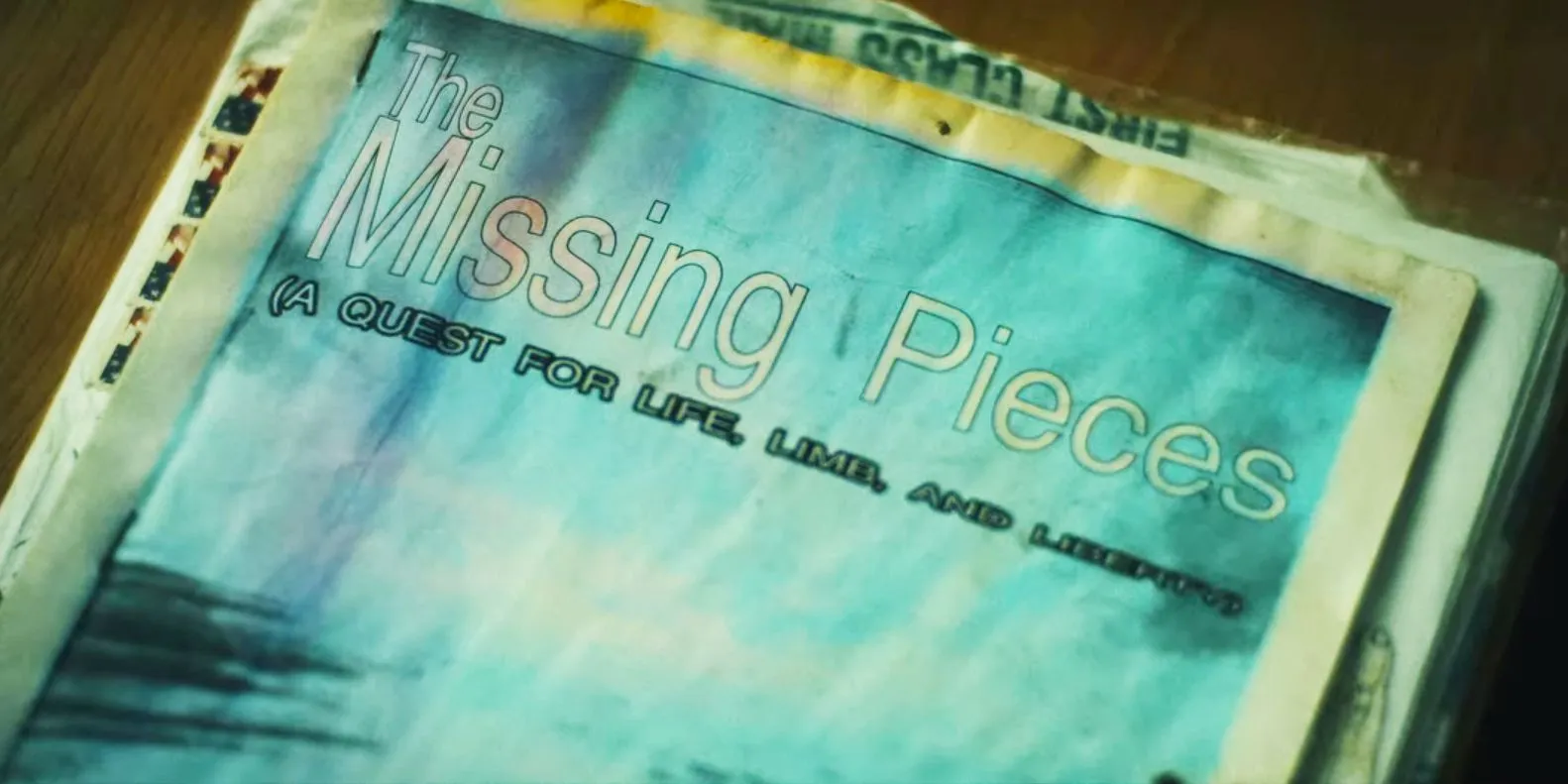
Lacking backing from those in power and alienated from his family, Kevin Curtis pressed on against the illegal trade of human body parts and published his book, “Missing Pieces.” Inside, he disclosed cases of substantial misconduct within Mississippi’s justice system related to his investigations. While parts of the book garnered attention, they also cast him as “public enemy #1,” resulting in increased surveillance on his life, generating both fear and paranoia.
6 Everett Dutschke’s Aggressive Campaign Against Steve Holland
Campaign Strategy Unraveled
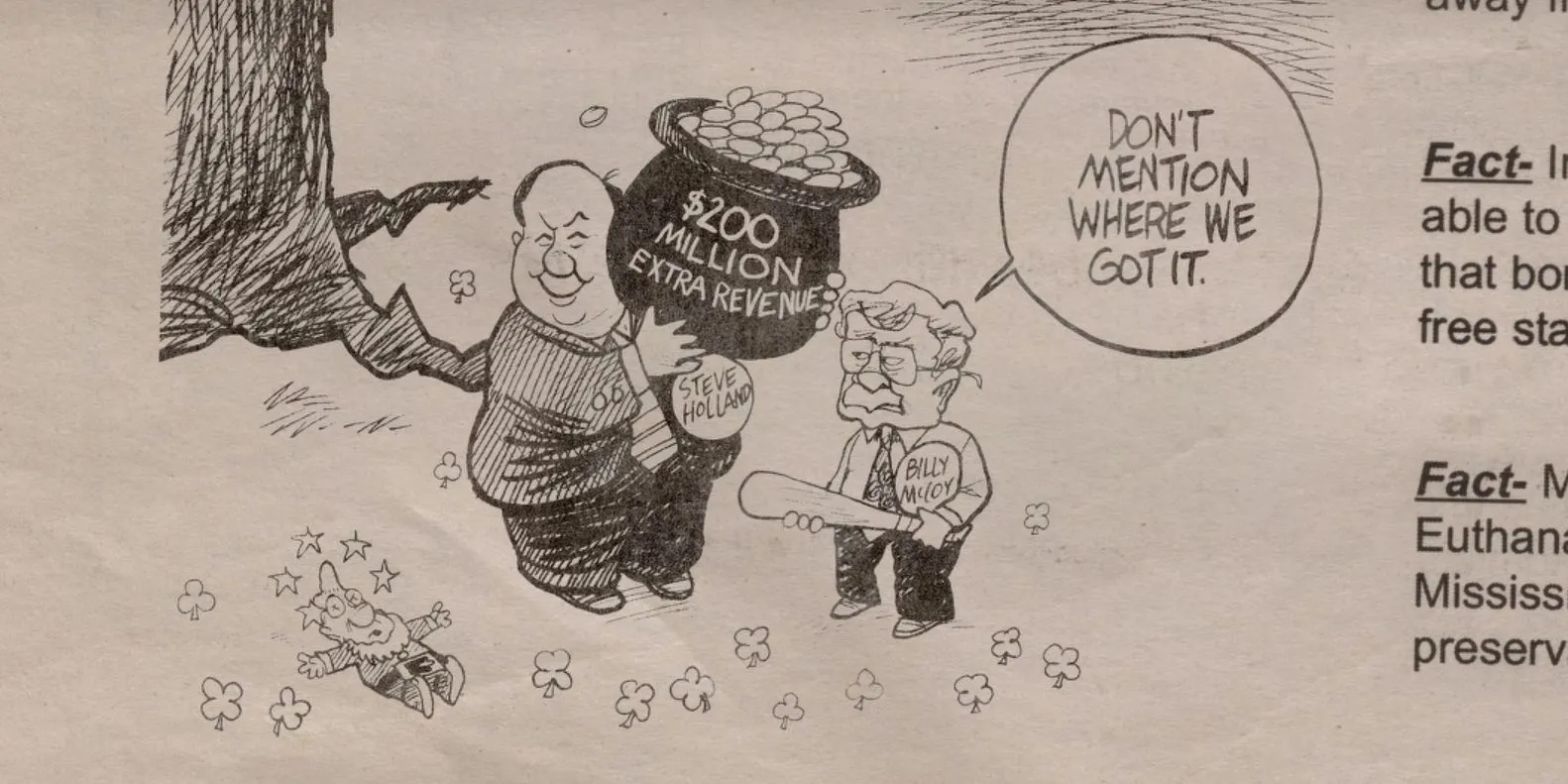
During Kevin Curtis’s crisis for support concerning organ-trafficking revelations, Everett Dutschke entered the narrative as a local politician with aspirations for Holland’s position. Dutschke leveraged his communication outlets to sow dissent against Holland, matrimonial images, photo manipulations, and aggressive smear tactics aimed at undermining Holland’s reputation.
His campaigns were not only ruthless but also carried overtones of xenophobia and homophobia, further intensifying the divide within the community, yet the public ultimately reaffirmed their support for Holland through his re-election.
5 Kevin Curtis Tries to Imitate Everett Dutschke
The Obsession Spiral
In a twist reflecting his increasing obsession, Kevin Curtis began mimicking Everett Dutschke, a local black belt and respected martial arts educator. Kevin attempted to capture Dutschke’s essence by adopting his clothing style and mannerisms, ultimately leading to an embarrassing spectacle. He even fabricated a Mensa certificate, mocking Dutschke’s official membership, which Dutschke found deeply offensive.
This rivalry gave rise to a controversial online persona for Kevin, dubbed “Billy Bobby Body Parts,” where he shared photoshopped images of Dutschke alongside various political figures, stirring controversy and drawing negative attention.
4 The Poisoned Letters Incident
Ricin Reality Unveiled
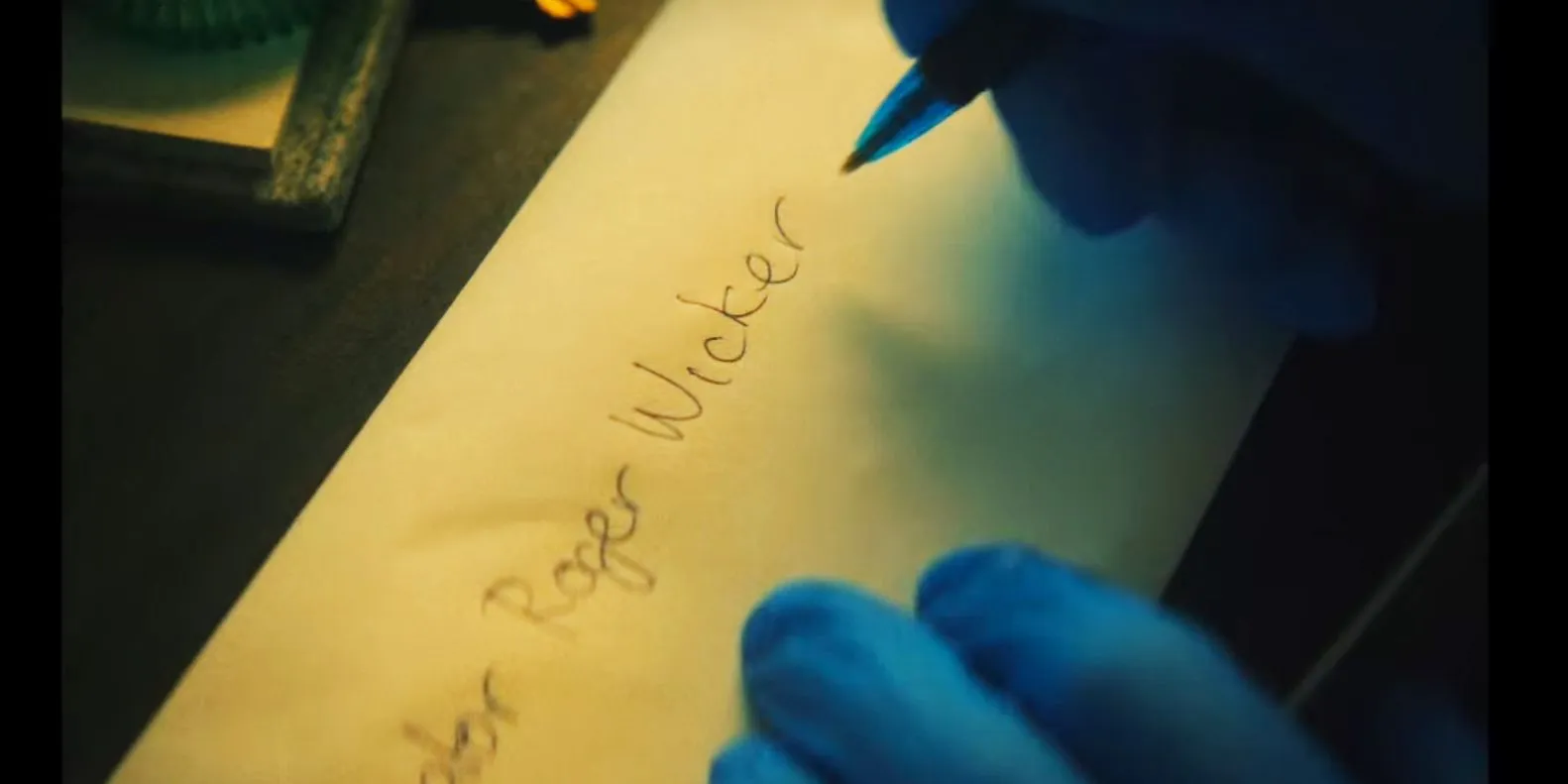
The rivalry escalated into a sensational scandal involving poisoned letters sent to President Obama in April 2013. These letters, containing ricin—a potent toxin—were not exclusive to Obama: Senator Roger Wicker and Lee County Court Judge Sadie Holland also received similar messages. Each letter echoed the same chilling warning:
No one wanted to listen to me before.
There are still ‘Missing Pieces’
Maybe I have your attention now.
Even if that means someone must die.
This must stop.
To see a wrong and not expose it,
Is to become a silent partner to its continuance.
I am KC and I approve this message.
The FBI quickly connected the dots back to Kevin Curtis due to specific references in the letters linked to his advocacy work; however, during his interrogation, it became evident he had no knowledge of ricin, and a lack of incriminating evidence at his residence shifted the focus of the investigation.
3 Kevin Curtis Exonerated: He Didn’t Send the Poisoned Letters
Finding the Real Culprit
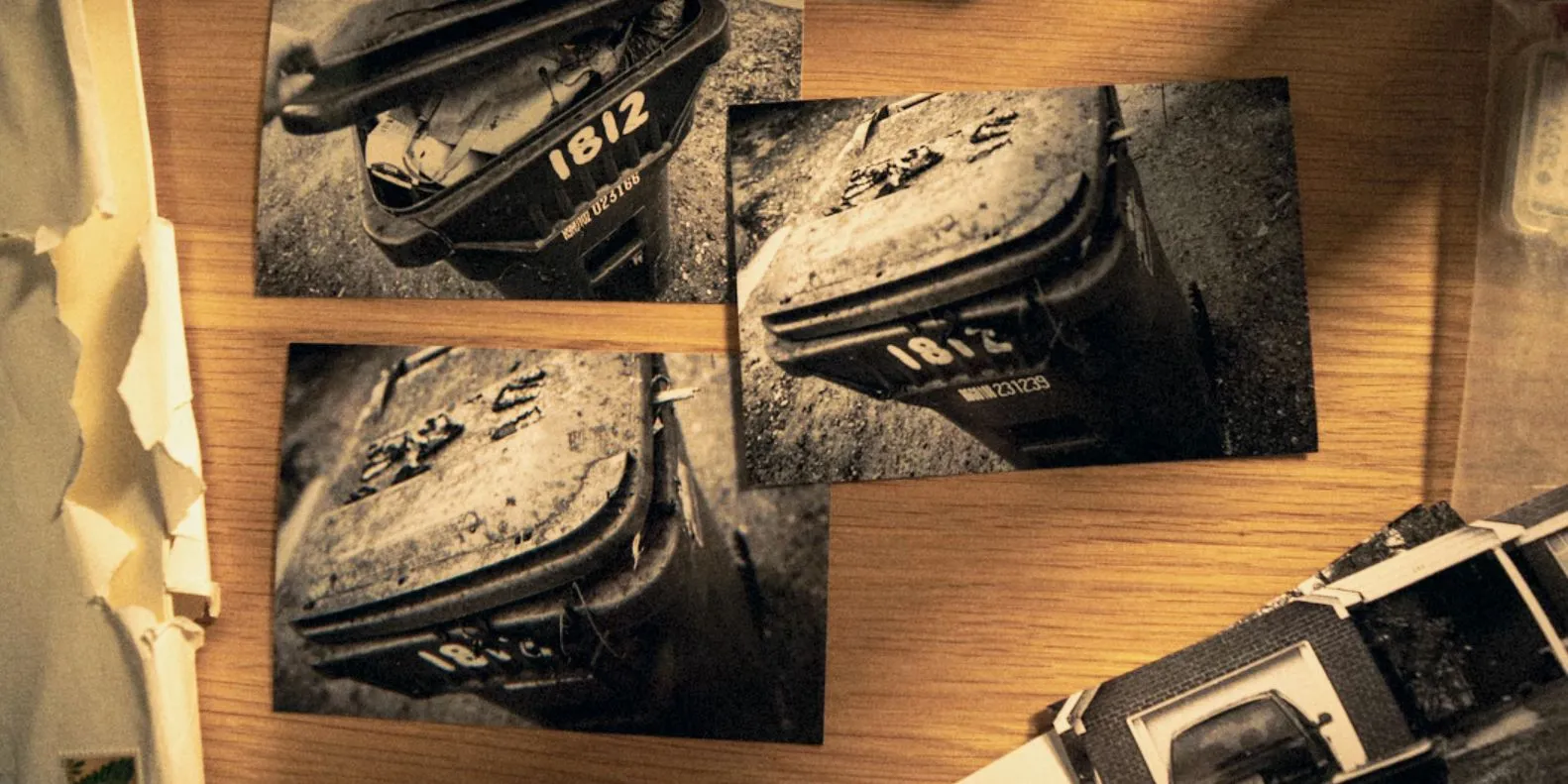
Upon questioning, Kevin named Everett Dutschke as a potential rival capable of framing him. This led authorities to closely surveil Dutschke, ultimately uncovering sufficient evidence to arrest him for sending the poisoned letters to the high-profile recipients. Additionally, Dutschke faced charges for grave offenses including child molestation.
Through diligent investigation, Dutschke was implicated in both the poisoning incident and attempts to defame Kevin Curtis, resulting in Kevin’s exoneration. Subsequently, Dutschke pleaded guilty in May 2014 and received a 25-year prison sentence, prompting widespread media coverage of Kevin’s case.
2 Everett Dutschke’s Shocking Allegations
The CIA Connection
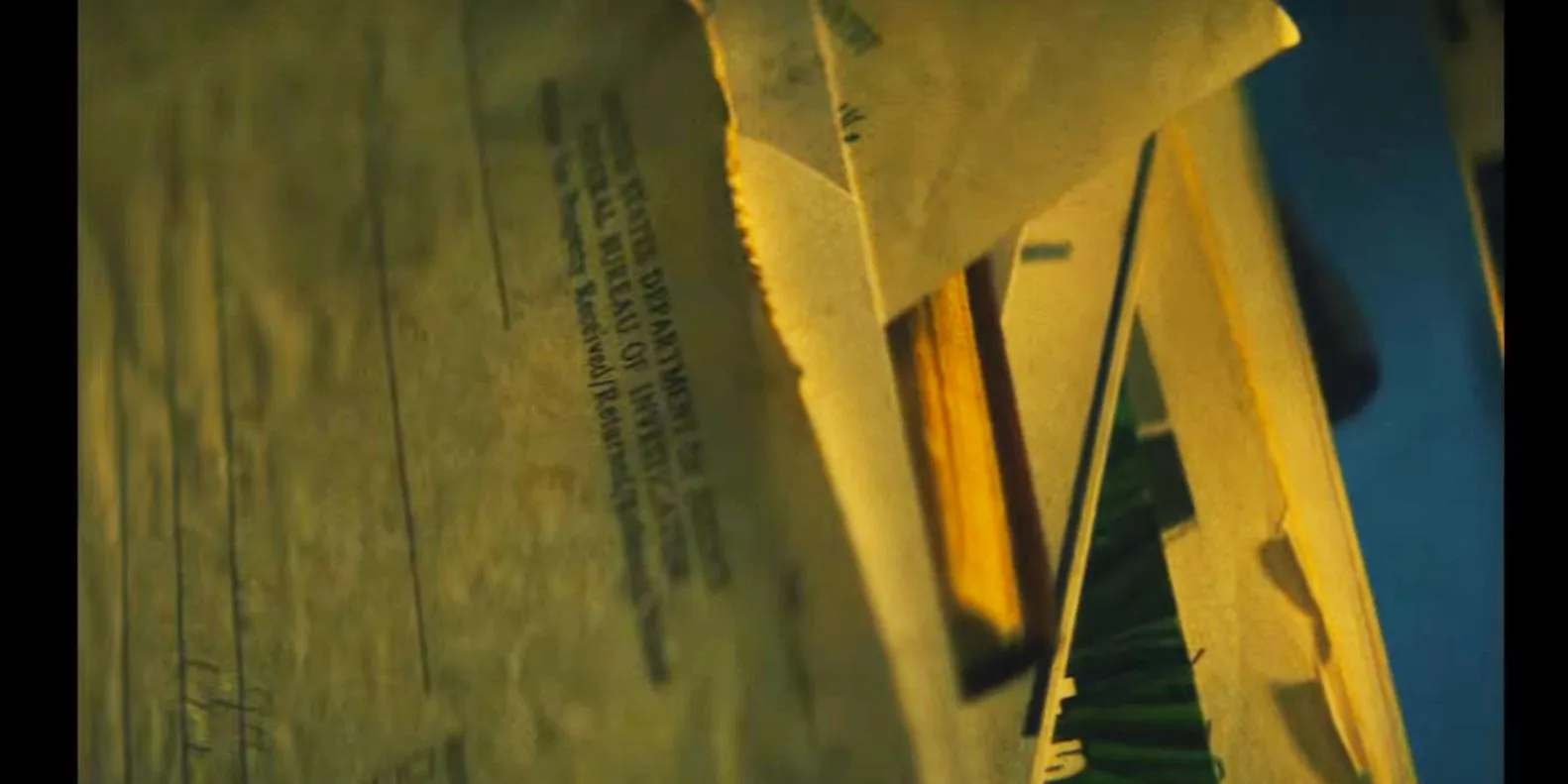
With the fallout of Kevin Curtis’s exoneration and Dutschke’s imprisonment, The Kings of Tupelo doesn’t conclude there. In a startling twist, Dutschke’s claims about past ties to the CIA emerge; he alleged to possess sensitive details regarding terrorism funding that could have jeopardized the Obama administration.
Kevin, intrigued by Dutschke’s claims, stumbled across a connection to a photo of the attorney general and Dutschke’s attorney, suggesting conspiratorial ties. Dutschke confirmed that the CIA’s refusal to act on his information might have led to the narrative painting him as the villain behind the scandal.
1 Kevin Curtis & Everett Dutschke’s Shared Belief of Framing
Divergent Views of Victims
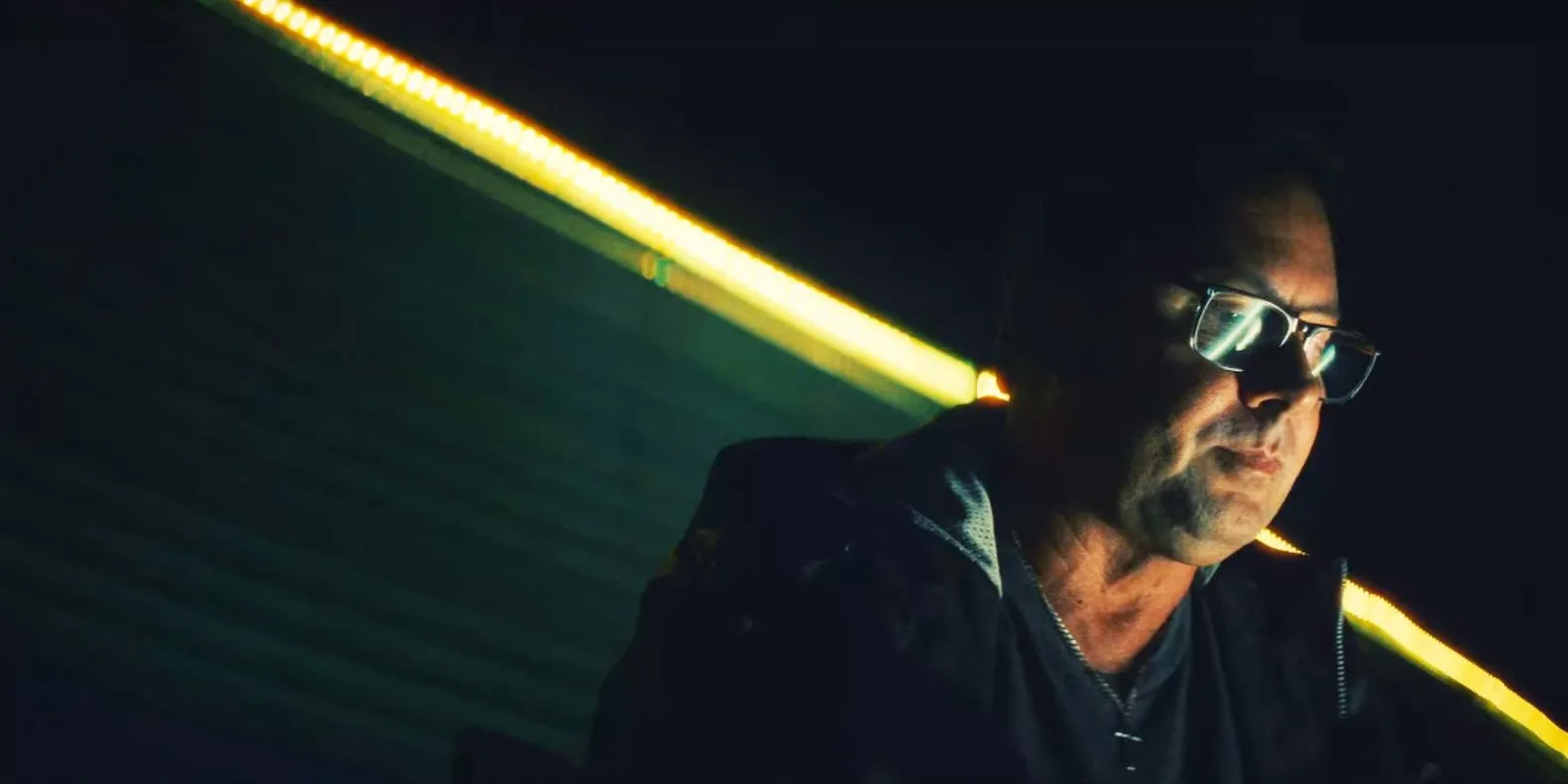
Despite their tumultuous history, both Kevin Curtis and Everett Dutschke eventually concur on one point: they each believe Dutschke was framed, albeit for different reasons. Kevin maintains that powerful individuals orchestrated Dutschke’s downfall, encompassing him in a broader conspiracy, while Dutschke dismisses any connection to Kevin, viewing Curtis merely as an unwitting pawn.
The docuseries concludes with a letter from Kevin to Dutschke, proposing a collaboration to unveil the true orchestrators behind the poisoned letters. However, Dutschke shows little interest, asserting that Kevin’s entanglement is irrelevant to his situation, yet acknowledges the notion of powerful entities pulling the strings in this chaotic narrative.



Leave a Reply ▼